Mangaluru, Aug 31: Billava Sangha Kuwait in association with Shree Guru Charitable Trust, Mangaluru initiated Education Programme' from this year with scholarship distribution and motivation event held recently at Shri Vishvanatha Kalyana Mantapa (Glass House), Shri GokarnanathaKshetra, Kudroli, here.
H. S. Sairam, President of the Shri Gokarnanatha Kshetra inaugurated the programme by lighting the lamp. Ganesh A Bangera, President of Shree Guru Charitable Trust presided over the function. Chandrasekhar Nanil, Vice President of Guru Charitable Trust welcomed the distinguished guests and the gathering. Greetings from JanardhanaPoojary and Sri Jaya Suvarnawas conveyed to the gathering and blessings to the students.
Sri Satish Kunder on behalf of the Billava Sangha Kuwait gave the insight of the activities of Billava Sangha Kuwait and how the motivated members of BSK worked hard to make this Education Programme a reality even though the organization is only 3 years into its inception. With the creation of strong base of associates and the univocal support, this programmecan continue to serve the community in a bigger way year after year. He also briefed though the Billava history and how the strong Billava community has become weak due to not involvement with the changes in the society and only education can take the community to their earlier status again.
Dr Ramila Shekhar, Dean PG Department, Roshni Nilaya delivered the motivation speech for the students. She stressed the need for the children to be disciplined in their way of life and the motivation can come only from within. She asked the children to focused on their goal and evaluate their actions on day to day basis. She said the children are full of energy and needs to put it into action in shaping their life.
It was august occasion where 89 less privileged deserving students pursuing Post graduation, Engineering, Diploma, Law, Degree, Pre-University and Trade courseswere provided with Scholarships. Total of Rupees 5 lakhs and 40 thousands was distributed as Scholarship among these students. Scholarships were distributed by the guests and Rohith Sanil, Raghav, Vivek Rao, Sri A. K. Ravindra, Sri Manoj Bangera, Ramanath Kotekar and others.
Chief Guest, Shylendra Y. Suvarna, Managing Director Of SRR Industries asked the children to utilize the opportunity with the helping hand from BSK who have done so with all the odds of working with extreme temperature in Kuwait. He wished all the children to excel in their studies and reach the goal.
Harikrishna Bantwal, spokesperson of the Billava Mahamandal, in his keynote speech asked the children to emulate the life and preaching of Swami Vivekanada and Sri Narayana Guru. He said that the backward tag of the community needs to be removed and we have to make ourselves strong with quality education and unity.
Raghu Poojary, Vice Prsident of Billava Sangha Kuwait also spoke on the occasion and thanked Sri Guru Charitable Trust for making this Education Programme a reality with their extensive Survey work. Jayanada, Secretary of Sri Guru Charitable Trust in his emotional speech explained how some of the less privileged students with all hardships and even without proper place to live have excelled in their studies. Sri YogishKotian also spoke on the occasion.
Ganesh Bangera in his presidential address briefed how the difficult work of survey was conducted and how these children were motivated from time to time. Senior Billava leader M Seetharam, and former President Mohandas Poojary were also present at the dais.
Earlier in the day Dr Ashith M.V. motivated the students and Pratibha Kulai spoke on “Stress Management” Education programme -2016 was concluded with Vote of thanks by Sri Govind Belchada of Billava Sangha Kuwait.
Billava Sangha Kuwait slogan – “Proud Associates for Education to the deprived, Path to Enlightenment and Life” is there to remain and BSK pledged to carry on with more enthusiasm year after year.



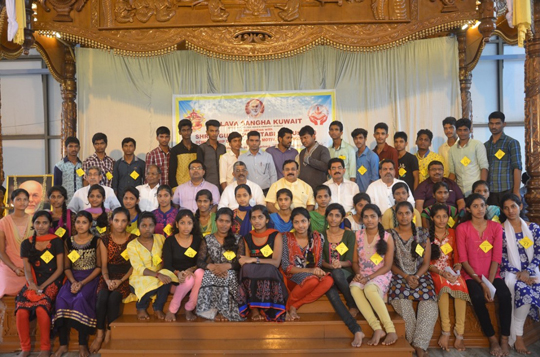
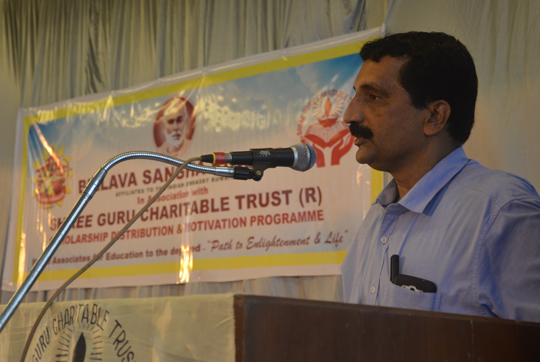
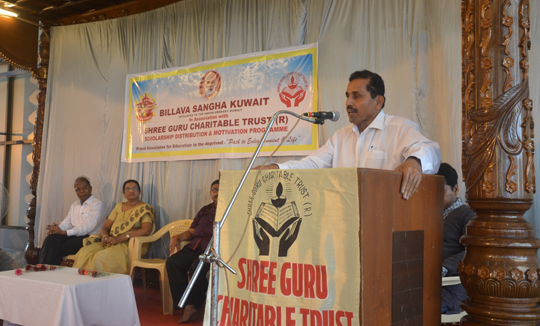
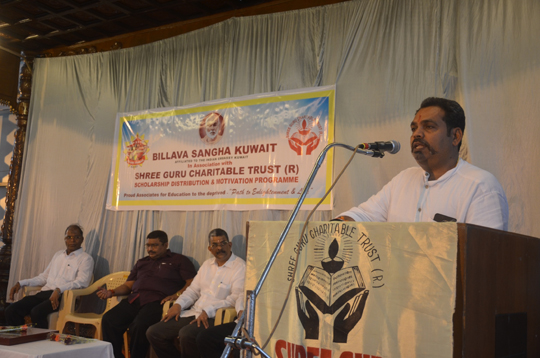
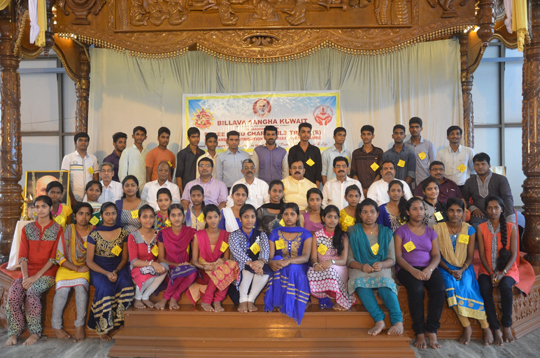
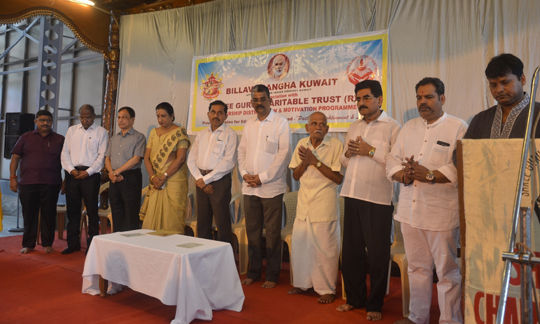

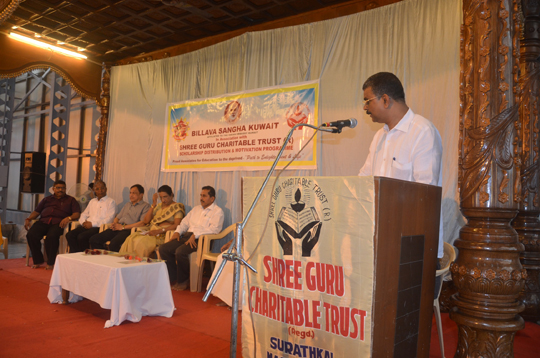
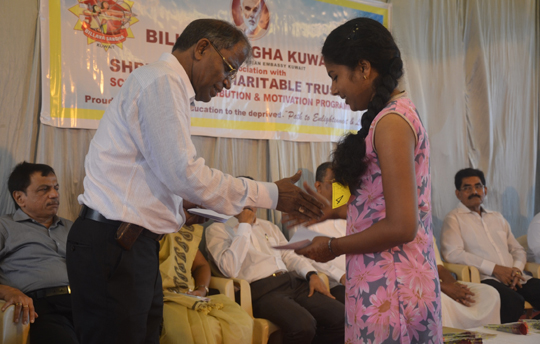
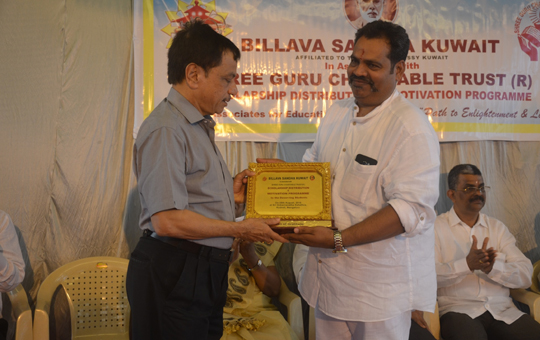
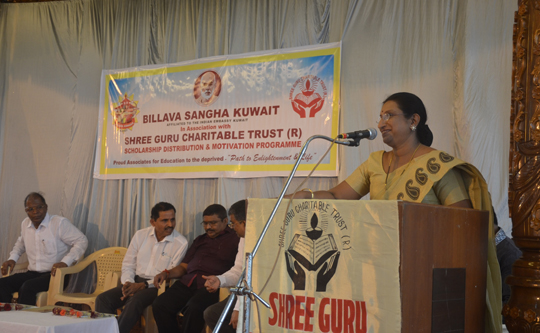
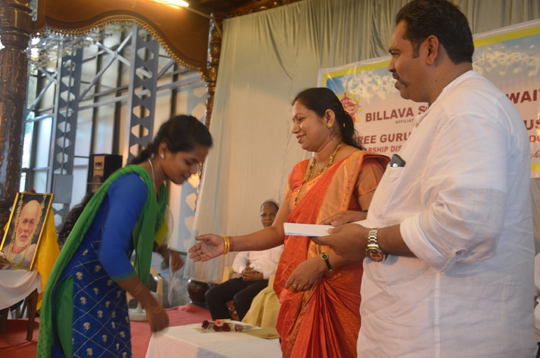
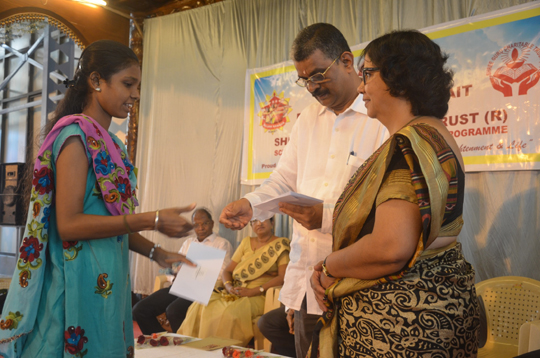
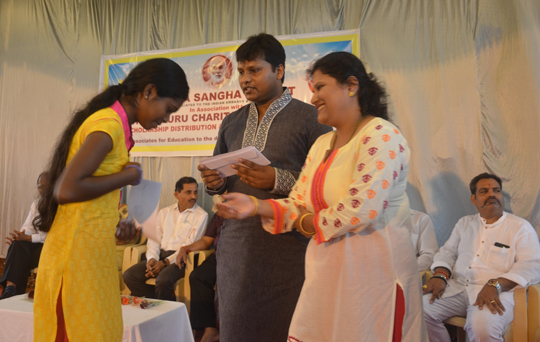
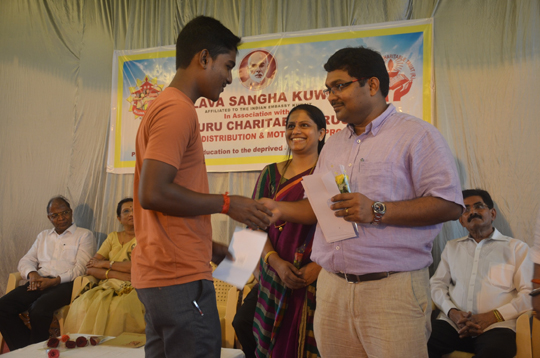
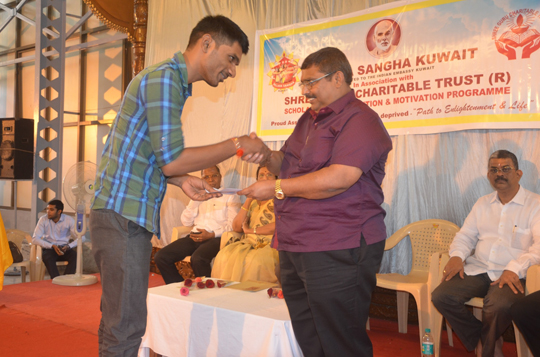
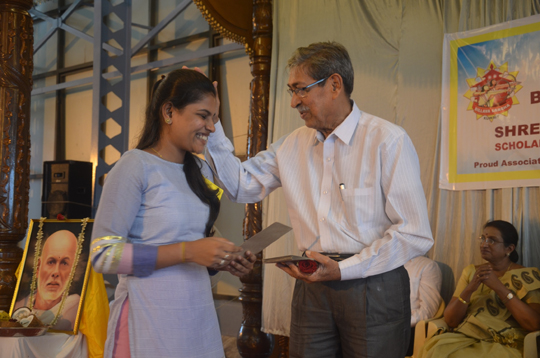











Comments
good job Billawa Sangha Kuwait
Add new comment